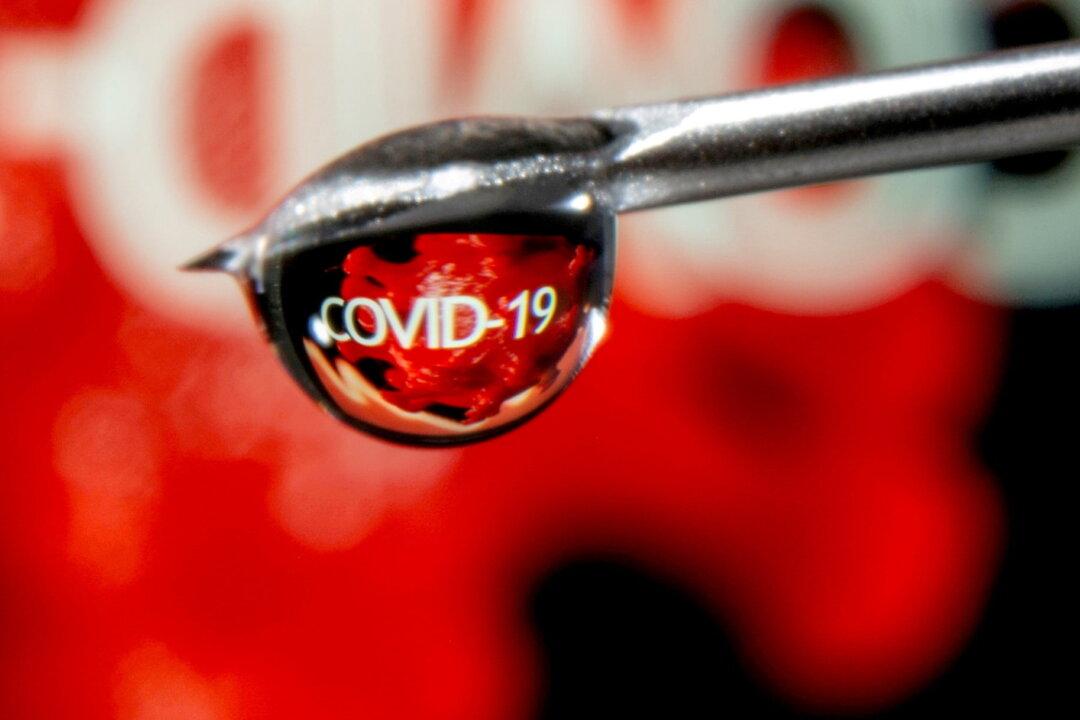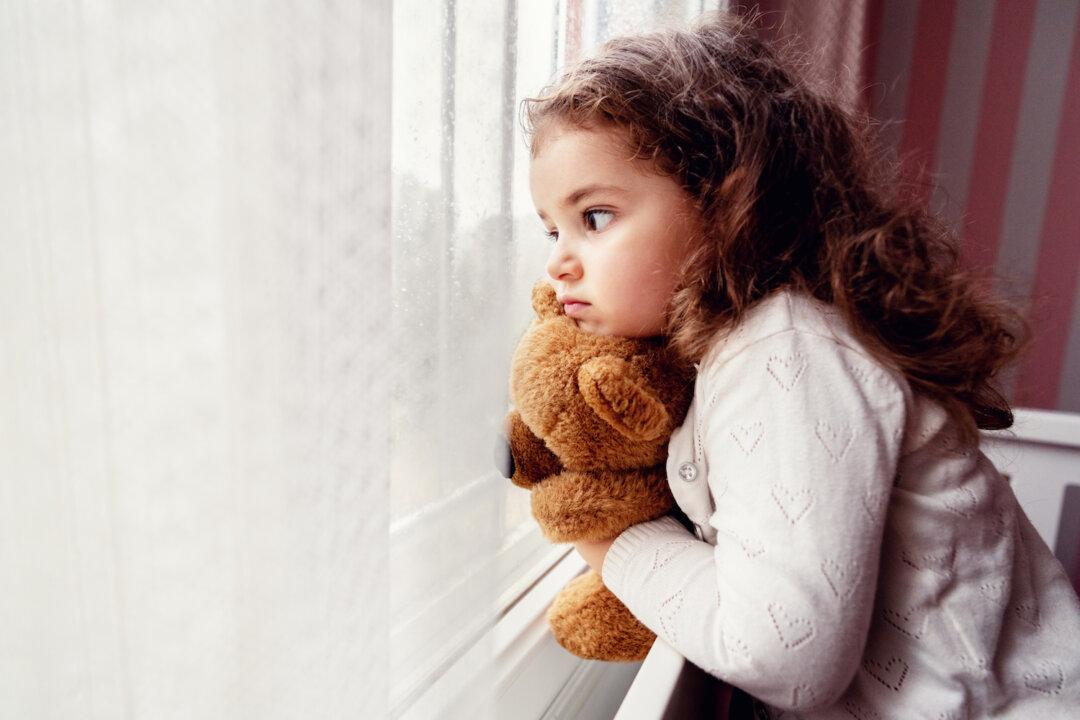In October 2020, when the world was under the dark cloud of COVID-19, and the United States was in the midst of massive political upheaval, some scientists were working hard to make sense of the virus. Others were trying to figure out effective treatment and public health protocols. Others, knowing the ongoing expedited vaccine development might compromise safety, tried to warn us of the risk of a phenomenon called Antibody Dependent Enhancement, or ADE. ADE happens when non-neutralizing antibodies generated from vaccination exacerbate viral infection, making the disease the vaccine is supposed to prevent worse for some people.
Of particular note was an article by an international team of scientists, published in the peer-reviewed journal Nature.







